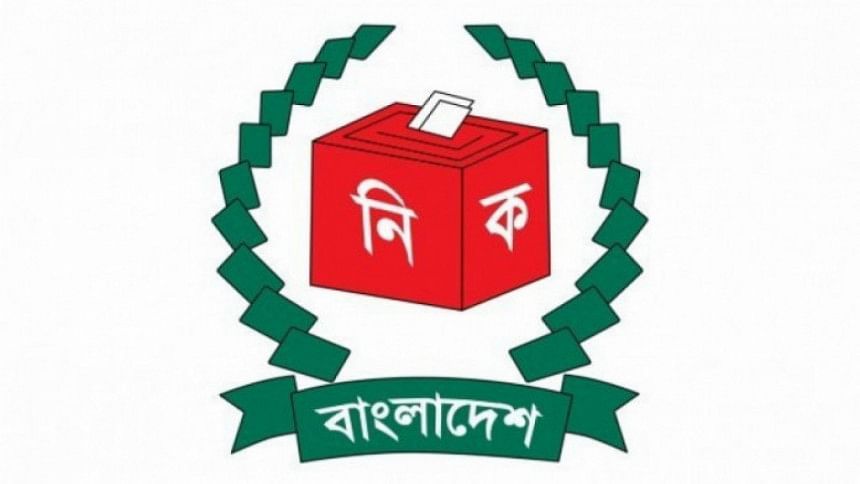Frame law immediately to constitute a new EC

Despite our much-vaunted march of democracy since its resurrection from the bonds of the khaki, our democratic institutions have fared badly because of the characteristic propensity of the political party in power to fill vital institutions with "our men," or "our women" for that matter. The blame lies not just with the current regime—all political parties have been more or less guilty of this delinquency.
Unfortunately, the worst sufferer of such a biased attitude has been the Election Commission (EC). With every successive government, the commission has been made more blatantly partisan. It is no wonder that one of the reasons for the decay of democracy in Bangladesh is the loss of people's trust in the electoral system. With every election, fewer and fewer people have exercised their right to choose their representatives, knowing that their votes matter little, the result being a foregone conclusion. The turnout in local elections—the most recent of them held only a few days ago—testifies to our views. And this ominous state has been acknowledged even by some serving members of parliament.
Can a nation that suffered unimaginable losses in terms of human lives—to establish the right and freedom to choose their own representatives and have them run their own affairs, and not by those who defile and distort the system to "get elected"—countenance such a state of affairs? We certainly do not want a repetition of the 2018 general election, nor the dozens of local elections held since then.
Through our columns, we have been calling for enactment of appropriate laws to govern the formation of the Election Commission. We, therefore, endorse and strongly reiterate the call of those who have been demanding such a law, including that of 53 eminent personalities who recently also called for reforms, so that the civil administration and the law enforcement agencies are made resistant to all extraneous pressures and inducements.
We wonder at the reluctance of the party in power to do so. After all, our constitution mandates such a law. However, while we are calling for enactment of a law for Election Commission formation, we are aware that any law can be circumvented—as we have seen happen many times before. But a law in place would at least restrict the ruling party's ability to ride roughshod over the provisions indiscriminately.
Only a credible institution can retrieve the faith of voters in the electoral system which, as of now, stands severely sapped. Also, it is in the interest of the ruling party that elections are not only claimed free and fair, but are actually so. Only a free, transparent and unencumbered Election Commission can ensure that. We also believe that, despite the process of selection of the commission members, everything depends on the quality of the individuals holding the posts, the strength of their moral fibre, and their obligation to the people and their conscience. In a democracy, it is not the verdict of the court but of the people that renders validity to an election, and to the people elected.

 For all latest news, follow The Daily Star's Google News channel.
For all latest news, follow The Daily Star's Google News channel. 







Comments